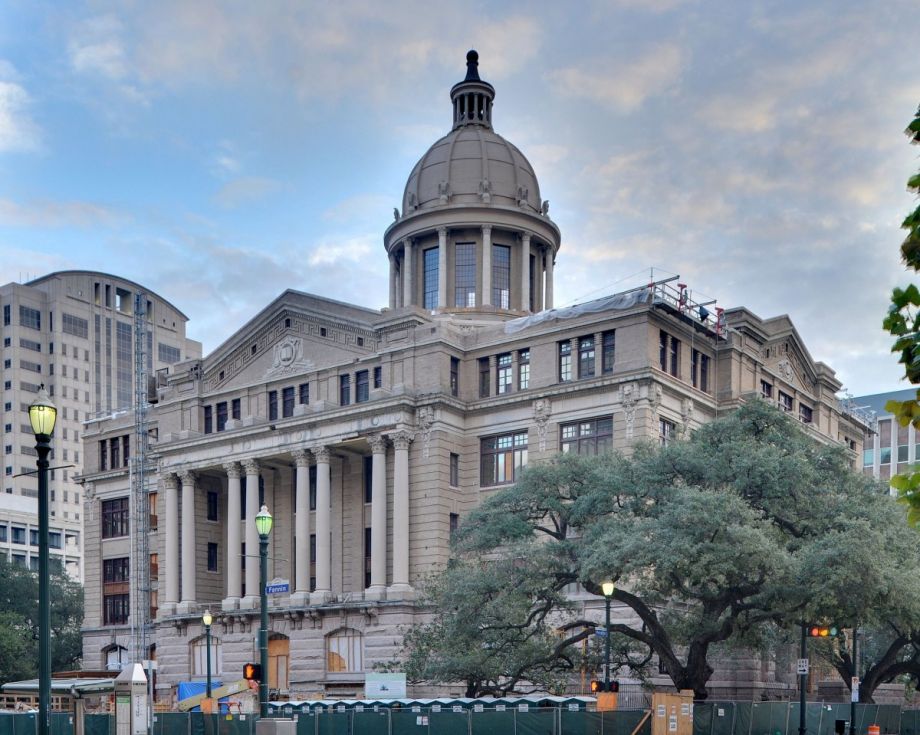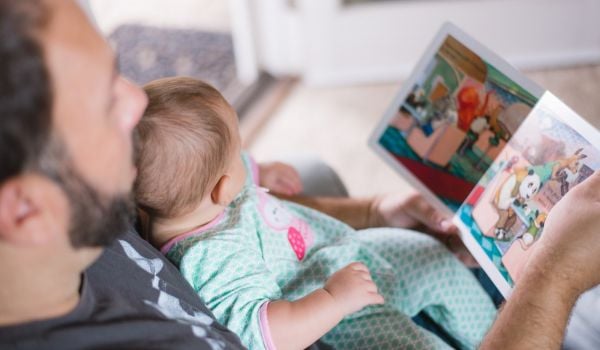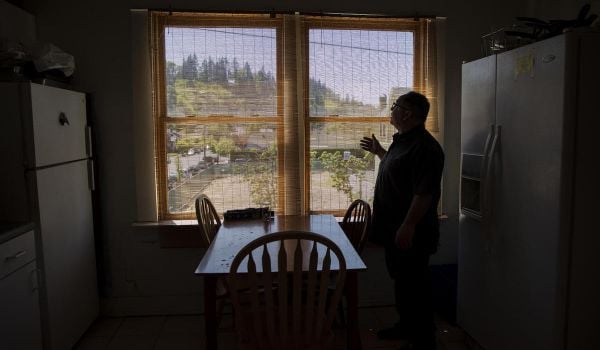Increasingly, criminal justice reform efforts have centered on the cash bail system, which some characterize as a criminalization of poverty. As Penny Stinson, president of the National Association of Pretrial Services Agencies, told Next City several years ago, “money bail inherently discriminates against the poor and removes the decision about actual release from custody from the court to profit-motivated entities.”
Last April, a federal judge in Houston seemed to agree when she ordered Harris County to stop keeping people arrested on misdemeanor charges in jail because they couldn’t pay bail. But nearly a year later, a Houston Chronicle report finds that the system set up in the wake of her decision is still disproportionately hurting the homeless and other low-income people charged with low-level offenses — by letting them loose with little more than a piece of paper and a court date.
The ruling by Judge Lee H. Rosenthal of Federal District Court was part of a civil rights lawsuit against the county, according to the New York Times. It began when a woman was arrested for driving without a license, and spent two days in jail because she couldn’t post a bail of $2,500.
“Harris County’s policy is to detain indigent misdemeanor defendants before trial, violating equal protection rights against wealth-based discrimination and violating due process protections against pretrial detention,” Judge Rosenthal wrote in her ruling.
But through interviews with defense attorneys, prosecutors, judges, administrators and defendants, as well as an internal review of roughly 100 misdemeanor cases in Harris County, the Houston Chronicle has concluded that the system is still failing many of the defendants Rosenthal’s ruling set out to help. From the paper:
[The Houston Chronicle review] revealed a pretrial system that provides little supervision for indigent defendants who are most at risk of failing to appear in court, while offering support to those at lower risk.
The result is a criminal justice system clogged with a growing number of failures to appear, months after a federal judge ordered the release of indigent defendants who can’t afford to post bail.
Critics of the system go a step further, accusing the county of deliberately withholding pretrial supervision that could help defendants. Some advocates want to see reforms that focus on personal bonds, rather than unsecured bonds. Personal bonds don’t require cash up front — and critically, they include pretrial services and assistance, like caseworkers to keep track of defendants and help them navigate the bureaucracy. But judges tend to award those bonds in a kind of merit-based system, where they look at defendants’ criminal history and assess whether they’re likely to re-appear in court. Defendants who aren’t candidates for those kinds of bonds are often released on unsecured bonds, which don’t include any kind of supervision. And many of those bonds go to people who are mentally ill and homeless — and, thus, unlikely to appear in court on their appointed date.
“These people on unsecured bonds are the people who need the most help, and they’re getting the least,” defense attorney Franklin Bynum told the paper. “It’s the most marginal people getting the least help. Then the county turns around and releases these failure-to-appear numbers and says, ‘Hey, the system isn’t working.’”

Rachel Dovey is an award-winning freelance writer and former USC Annenberg fellow living at the northern tip of California’s Bay Area. She writes about infrastructure, water and climate change and has been published by Bust, Wired, Paste, SF Weekly, the East Bay Express and the North Bay Bohemian
Follow Rachel .(JavaScript must be enabled to view this email address)
















